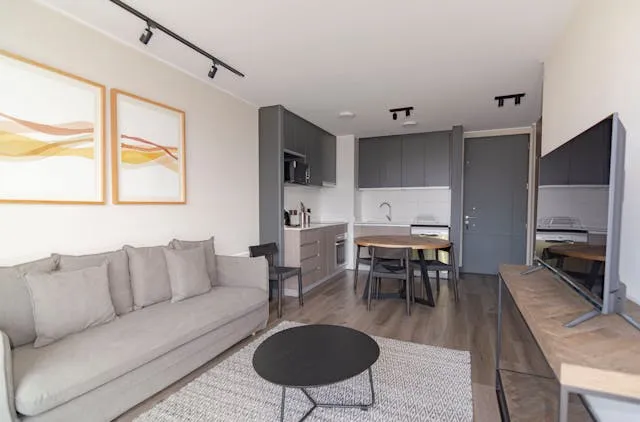NDIS Support: Eligibility, Benefits, and Services Included
The National Disability Insurance Scheme represents a transformative shift in how Australia supports people with disabilities. This comprehensive system provides funding and resources that enable individuals to live more independently, pursue their goals, and participate actively in their communities.
With its person-centered approach, the NDIS recognizes that each person has unique needs and aspirations, offering tailored support packages that adapt to individual circumstances. For many Australians with disabilities, their families, and carers, the NDIS opens doors to opportunities that were previously difficult to access.
Eligibility Criteria
Meeting NDIS eligibility requires satisfying several specific requirements that ensure support reaches those who need it most. The scheme serves Australian citizens, permanent residents, and holders of Protected Special Category Visas who are under 65 years old when they first apply.
The disability requirements focus on whether your condition significantly impacts your daily life and is likely to be permanent. This includes physical, intellectual, cognitive, neurological, sensory, or psychosocial disabilities.
The scheme evaluates how your disability affects your ability to participate in everyday activities like communication, mobility, self-care, learning, or social interaction.
Early intervention access provides another pathway for people who don’t meet the standard disability requirements but could benefit from early support to reduce future support needs.
Services Included
The range of services available through the NDIS covers virtually every aspect of daily life where disability creates additional challenges. Therapy services include physiotherapy, occupational therapy, speech therapy, and psychology services that help develop skills and maintain health.
Personal care and household tasks receive support through trained workers who can assist with activities like showering, dressing, meal preparation, and cleaning. Community access services help participants engage in social activities, employment, education, and recreational pursuits.
Equipment and assistive technology funding covers items like mobility aids, communication devices, sensory equipment, and home automation systems. Home modifications can include ramps, bathroom alterations, and accessibility improvements that make daily living easier and safer.
Specialized services such as NDIS garden maintenance fall under core supports, helping participants maintain their outdoor spaces and enjoy the therapeutic benefits of gardening activities.
Benefits and Funding
NDIS funding operates through individualized budgets that reflect each participant’s specific needs and goals. These budgets cover reasonable and necessary supports that help you live independently, participate in your community, and work toward your objectives.
The funding structure divides into three main categories: core supports, capital supports, and capacity building supports. Core supports cover daily living activities, consumables, and community participation. Capital supports fund equipment, home modifications, and vehicle modifications.
Capacity building supports focus on developing skills and independence through activities like therapy, training, and coordination of supports. Participants receive flexibility in how they use their funding, with options to self-manage, work with registered providers, or use a combination of both approaches.
Access NDIS Support
The application process begins with contacting the National Disability Insurance Agency to request an access form. You’ll need to provide evidence of your disability, which typically includes reports from doctors, specialists, or other health professionals who understand your condition and its impact on your daily life.
Completing the access request thoroughly and accurately speeds up the assessment process. Include specific details about how your disability affects different areas of your life, and gather supporting documentation that clearly demonstrates your need for ongoing support.
Once approved, you’ll work with a planner to develop your first NDIS plan. This collaborative process involves discussing your goals, current supports, living situation, and aspirations for the future. Your planner will help determine what supports are reasonable and necessary to achieve your objectives.







